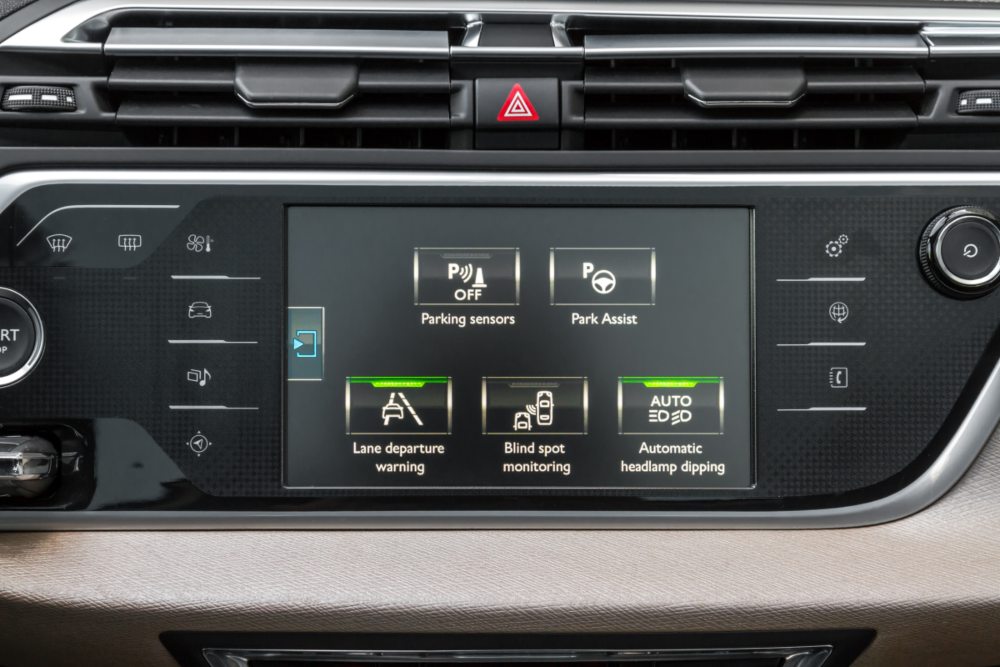
Examining Electric Vehicle Safety Features in Massachusetts
Thanks to technological improvements, there’s no denying electric vehicles are increasing in popularity. However, with more drivers investing in electric vehicles than ever, how do their safety features measure against other makes and models on the road? Below, Route 9 Nissan examines whether electric cars are safer in collisions for our Massachusetts customers. Talk to our team today to see if an electric vehicle from Nissan fits your needs and lifestyle. We’d be happy to take you for a test drive!
EVs Are Equipped With All the Latest Safety Features
Most electric vehicles (EVs) on the road today are fairly new, making them safer than other cars with more mileage on them. Many electric vehicles have received five-star crash-test ratings from both the National Highway Traffic Safety Administration (NHTSA) and the Insurance Institute for Highway Safety (IIHS). These tests are conducted to see how well vehicles protect passengers from injuries related to front-impact, rear-impact, and side-impact collisions. Many electric vehicles are equipped with the latest safety features not seen in less luxurious models. A complete set of airbags was only the beginning. Standard and optional safety features found in most electric vehicles include:
- Blind-spot monitoring
- Automatic high-beam technology
- Adaptive cruise control
- 360-degree surround camera systems
- Rear automatic emergency braking
- Forward-collision warning with emergency braking
- Lane-departure warnings
- Lane-keeping and -centering assists
Are Electric Car Batteries Dangerous in Collisions?
You may have read headlines about electric vehicle fires caused by their solid batteries overheating. Batteries do not make electric vehicles any more dangerous to passengers involved in collisions than conventional cars with internal combustion engines. The reality is a car with liquid fuel inside its engine has just as much potential risk of overheating and exploding as an electric car with a battery. Lithium-ion batteries pose less danger when compared to gasoline’s notorious flammability.
Research suggests that fires caused by lithium-ion batteries are contained to the area with the batteries. In contrast, fires caused by spilled gasoline typically spread to other parts of the vehicle. Generally speaking, it also takes longer to extinguish the flames of a vehicle fire caused by spilled gasoline. Studies by the NHTSA suggest electric vehicles may be slightly safer than those with internal combustion engines, although more progress and research will likely be on the horizon.
How Electric Vehicle Manufacturers Are Keeping You Safe
The leading electric vehicle manufacturers are taking precautions to keep owners safe. Extensive cooling systems are put in place to pull heat away from an electric vehicle’s battery. These same systems also isolate the battery cells catching fire, so the fire is less likely to spread to neighboring cells. A firewall between the battery and passenger compartment also keeps drivers safer during collisions. Software updates to cruise control options have made them safer, ensuring drivers remain engaged at all times.
Explore Electric Vehicle Safety Features at Our Dealership
If you’re curious about the safety features found on newer Nissan electric vehicles, we encourage you to visit our dealership in Westborough, MA. Contact us to schedule a test drive or inquire about financing!